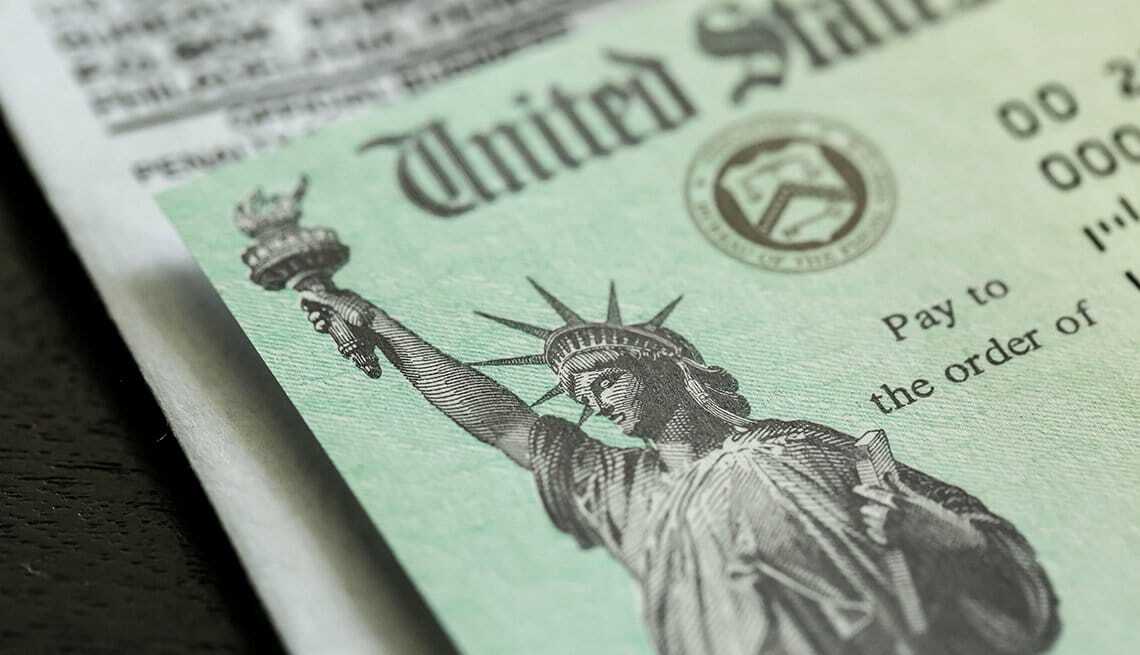1 min read
Pennsylvania Revises Rules for Residential Real Estate Transactions
any residential real estate transaction for an existing home in which the agreement of sale was executed prior to March 18, 2020; for new...
2 min read
Natalie Klyashtorny : Dec 29, 2020 9:00:00 AM

Here are some key provisions of the relief package:
The relief package provides additional funding of $284 billion for loans in the Paycheck Protection Program (“PPP”) and also includes an additional $20 billion in funding for Economic Injury Disaster Loans.
The new law clarifies that businesses that received loans under PPP would be able to take tax deductions for costs and expenses which formed the basis for loans forgiven for payment under the CARES Act. This clarification reverses the position previously taken by the Internal Revenue Service (IRS) regarding whether such costs and expenses could be taken as tax deductions.
The new law also added some additional categories of costs and expenses for loan forgiveness under the CARES Act, such as:
Additionally, tax credits would be extended for employers offering paid sick leave or keeping workers on the payroll, allowing recipients of certain tax credits to qualify based on their 2019 incomes.
In an effort to help the struggling restaurant industry, the bill would allow 100% tax deductions for business meals.
Individuals who are not working, working part-time, or are too sick to work will receive $300 per week from the federal government through March 14, 2021 in addition to state benefits.
The relief package also extends to 50 weeks the amount of time for which workers may claim benefits through both state and federal programs.
The bill extends for 11 weeks Pandemic Unemployment Assistance for those who do not qualify for state unemployment benefits, such as independent contractors, gig workers and the self-employed.
Also included is an additional $100-a-week subsidy for employees who have both wage and self-employment income but whose basic unemployment benefits do not take into account their self-employment income.
The relief package extends the federal moratorium on residential evictions through the end of January 2021.
The package also provides $25 billion of assistance to tenants in arrears on their rent, to be administered by the states. Landlords and property owners can apply for the rental assistance on behalf of tenants meeting the eligibility requirements, generally those who make less than 80% of median income in their area, have at least one person in their household who has lost a job and can demonstrate they are at risk of losing their home.
The relief package also provides $22.4 billion to the states for testing, tracing and Covid-19 mitigation programs and additional funds for vaccine and therapeutic distribution.
If you have questions about the new relief package, please feel free to contact us at info@nochumson.com and an attorney at Nochumson P.C. will immediately reach out to you to schedule a free consultation.

1 min read
any residential real estate transaction for an existing home in which the agreement of sale was executed prior to March 18, 2020; for new...

From now through August 28, 2020, the second and final round of funding through the COVID-19 Relief Statewide Small Business Assistance program is...

Natalie Klyashtorny appeared on Smart Real Estate Podcast, hosted by Joseph Scorese, a senior mortgage lender with Firstrust Bank, to talk about what...